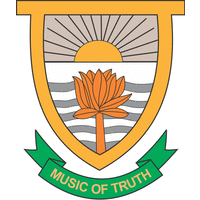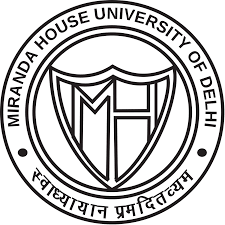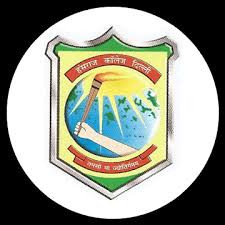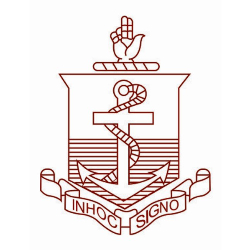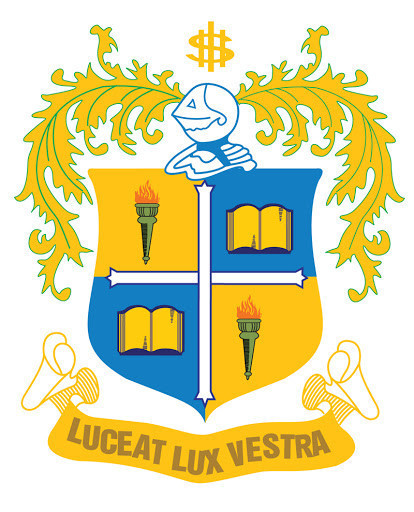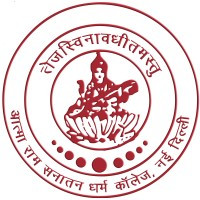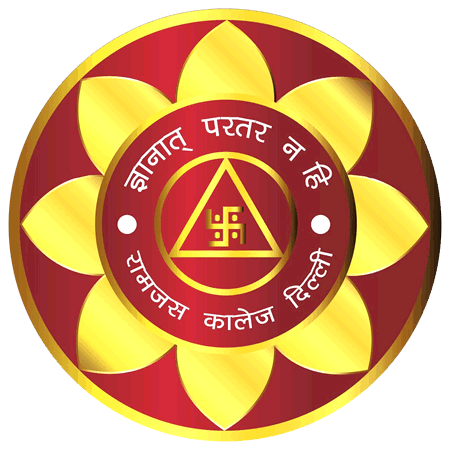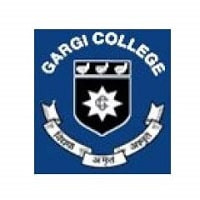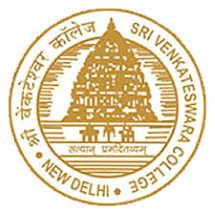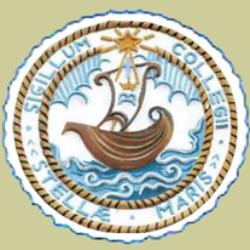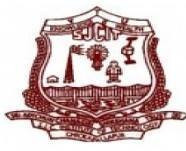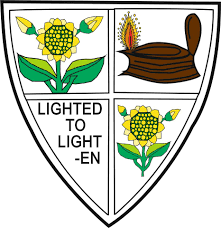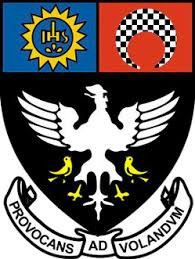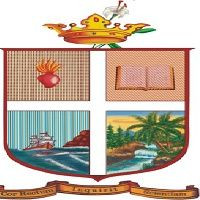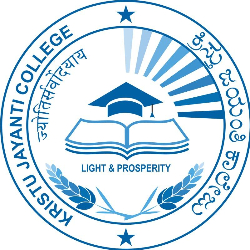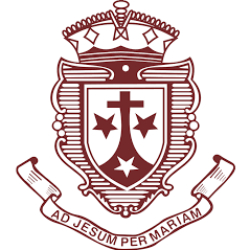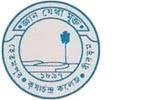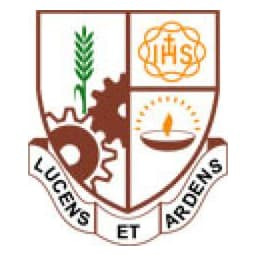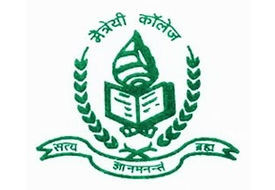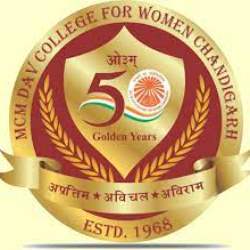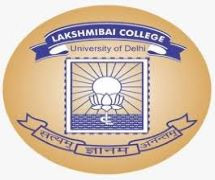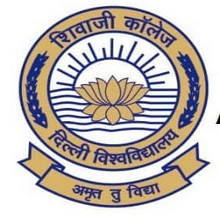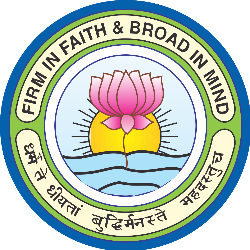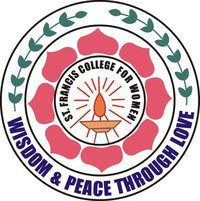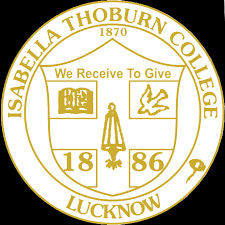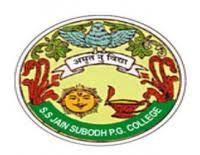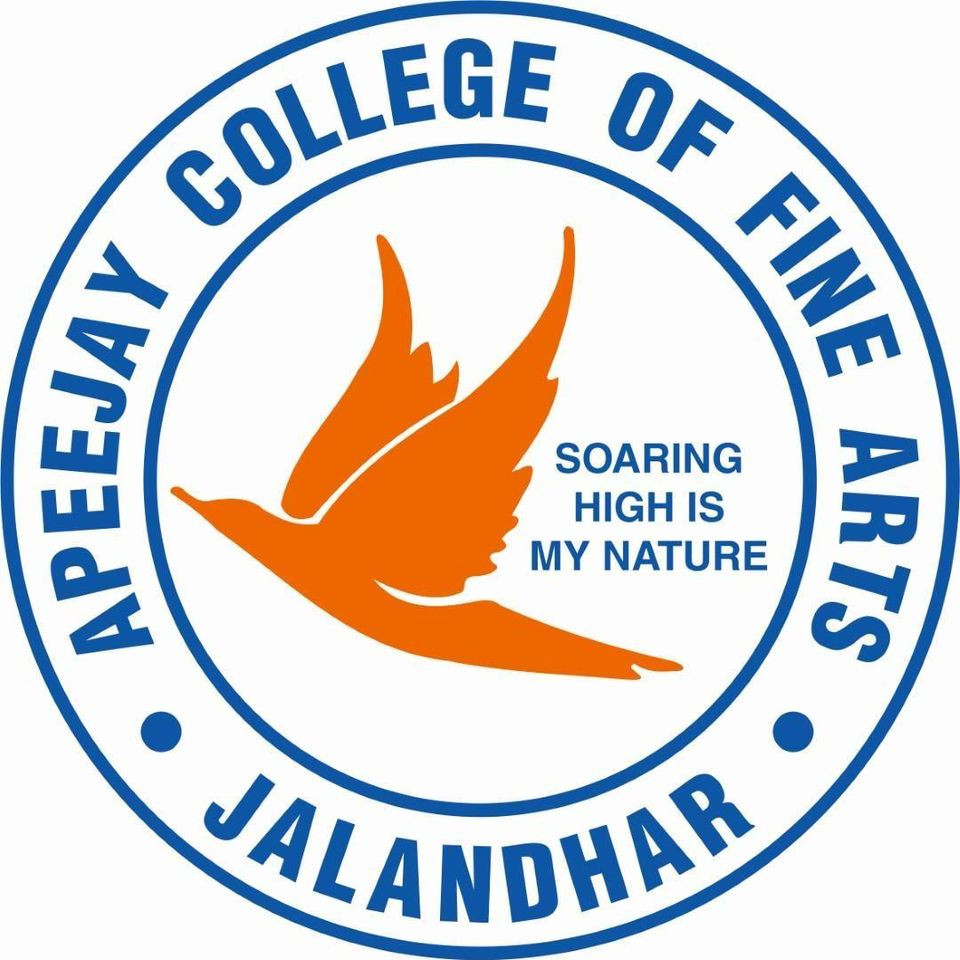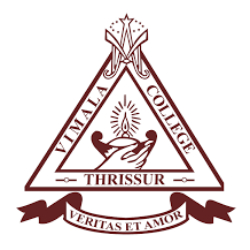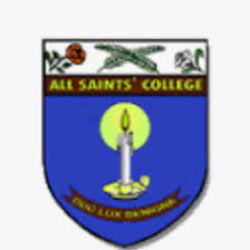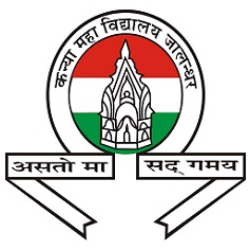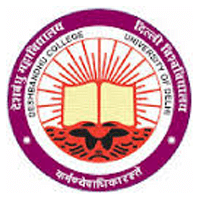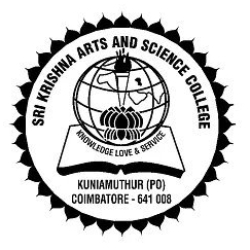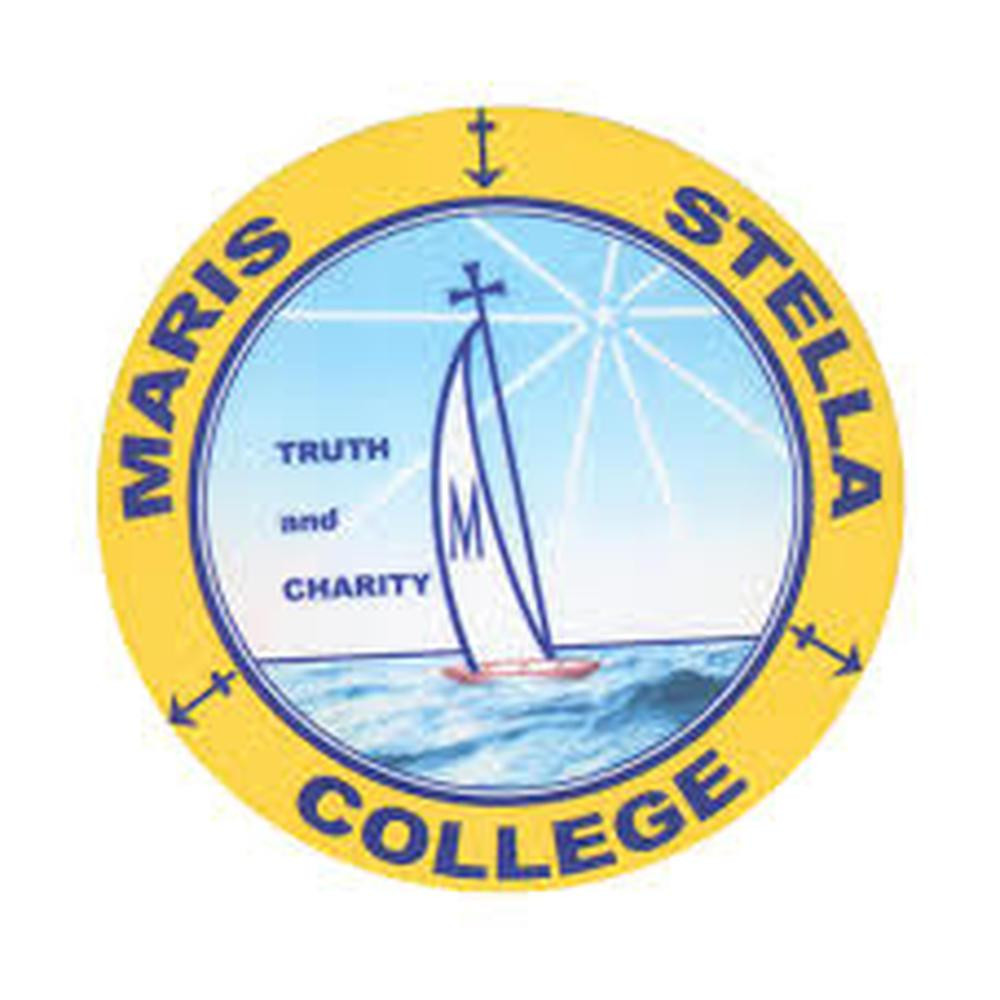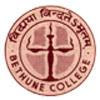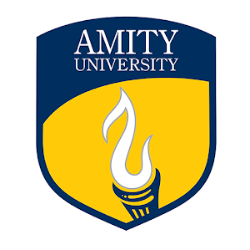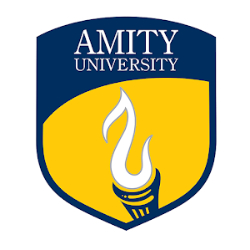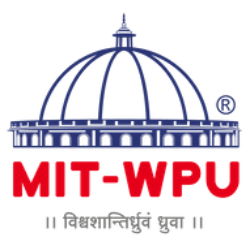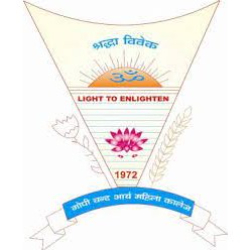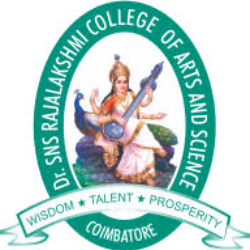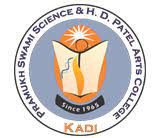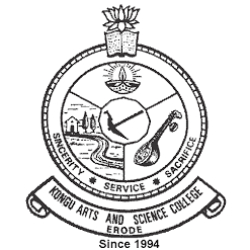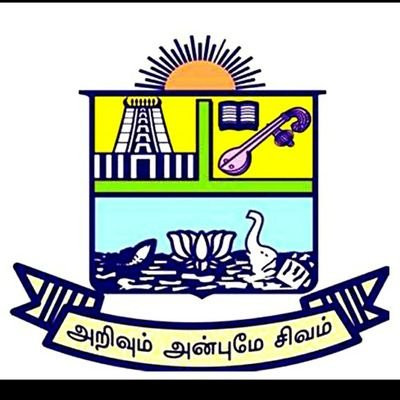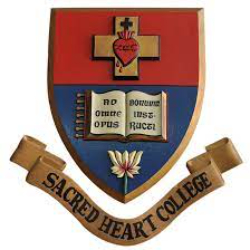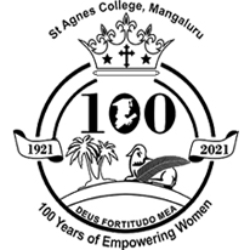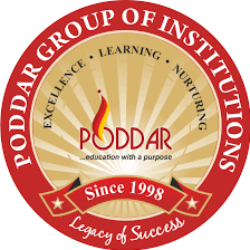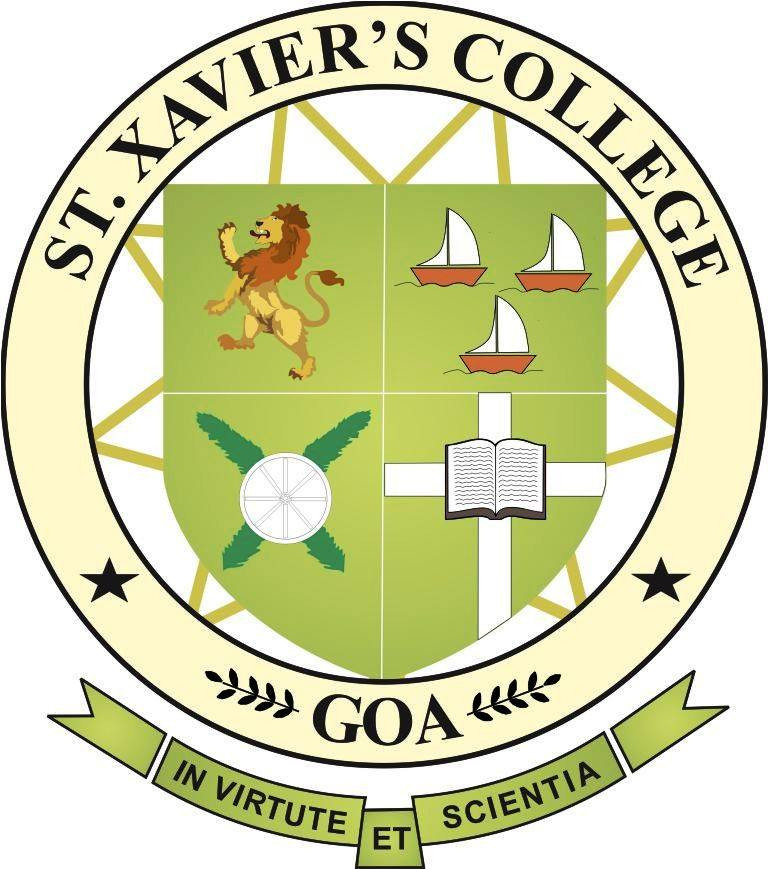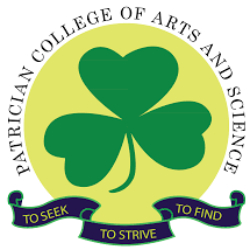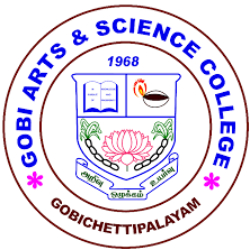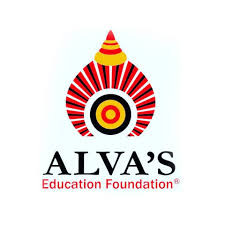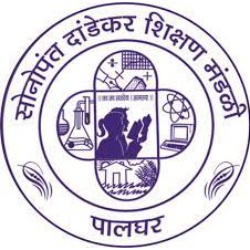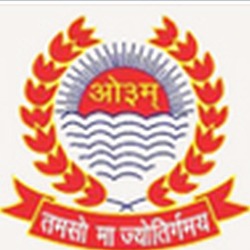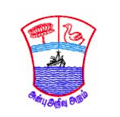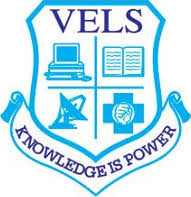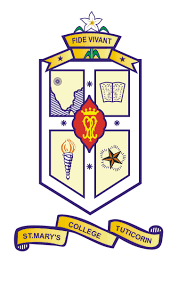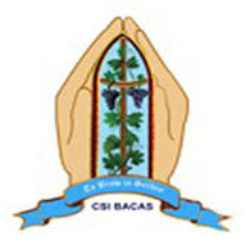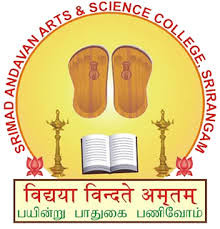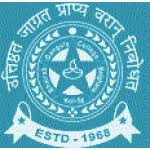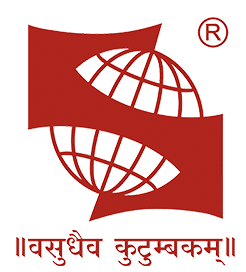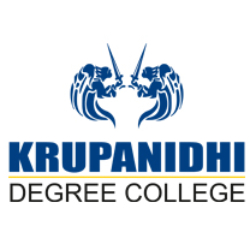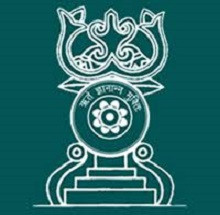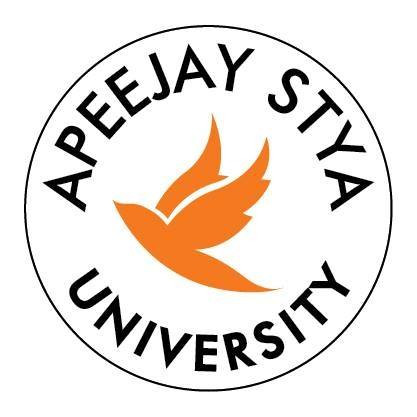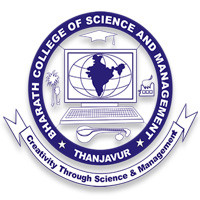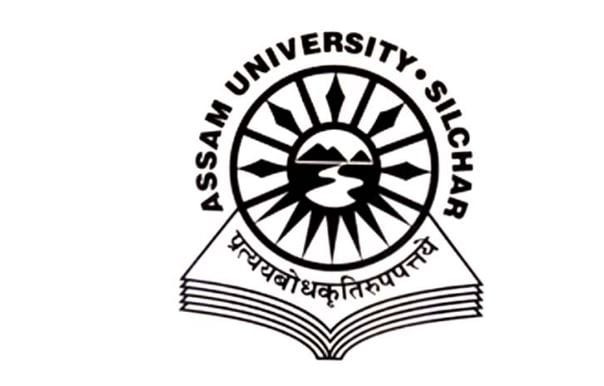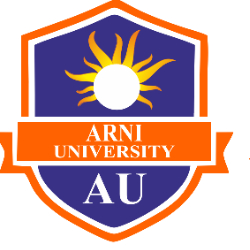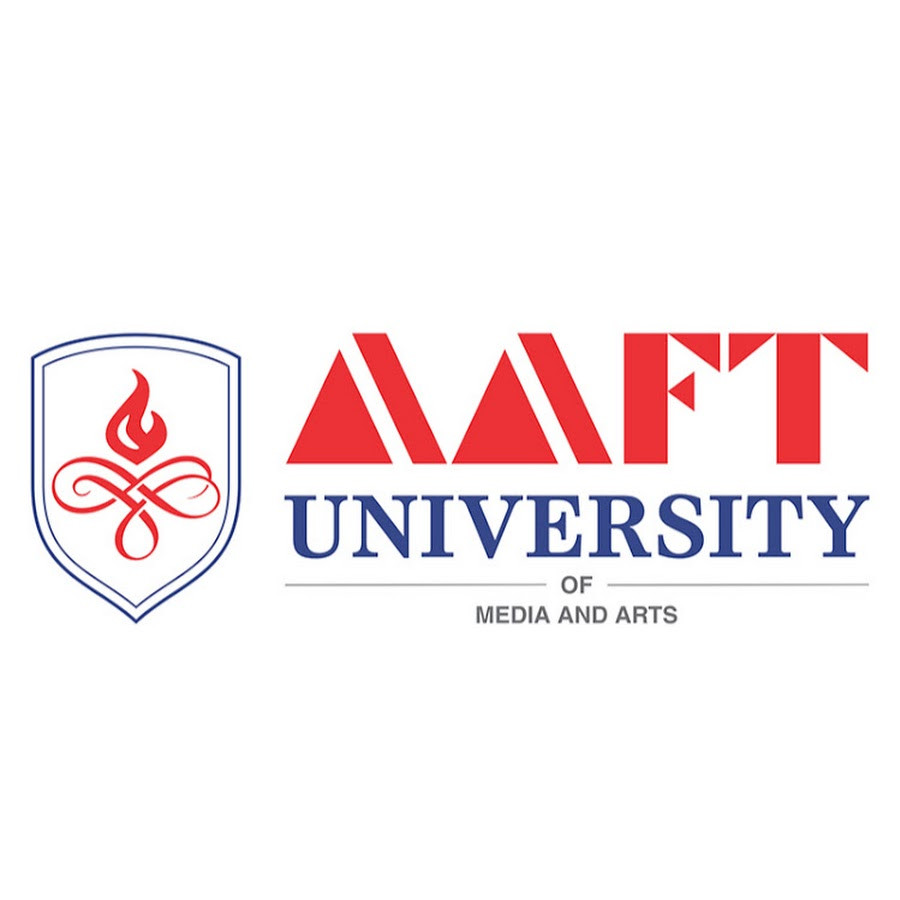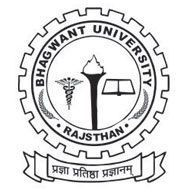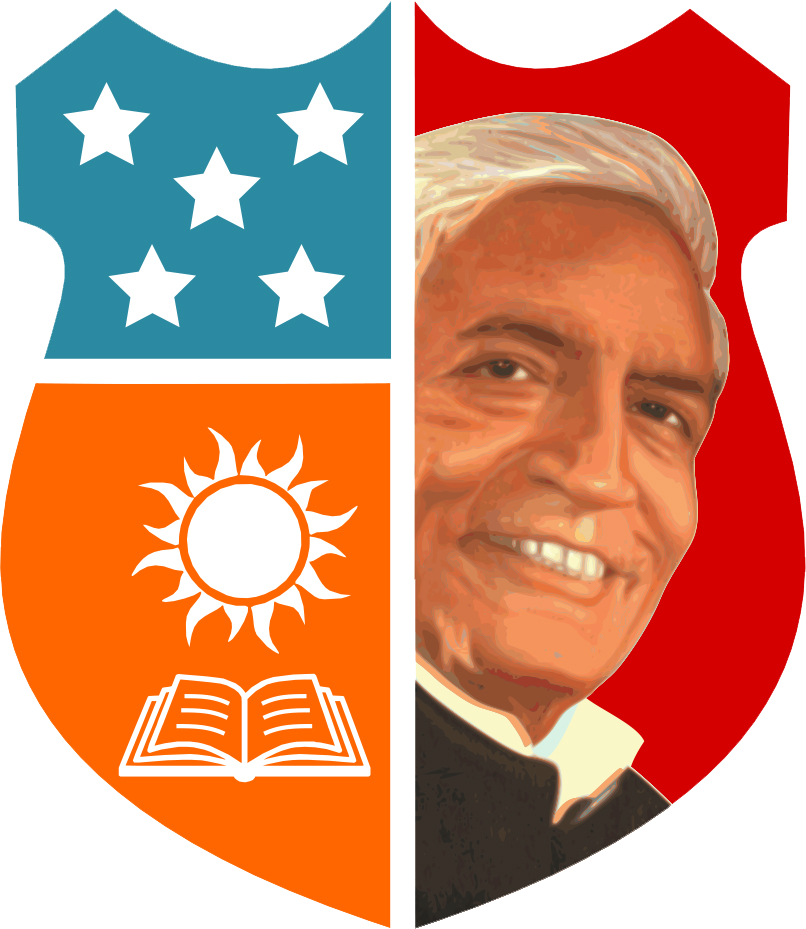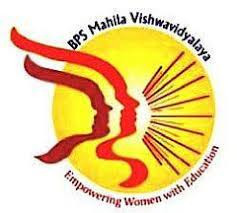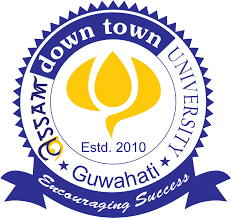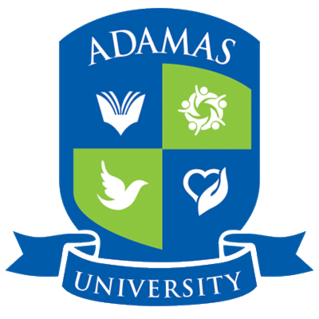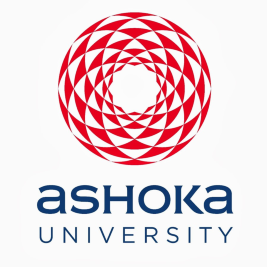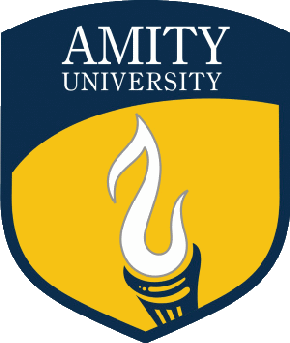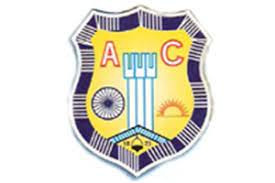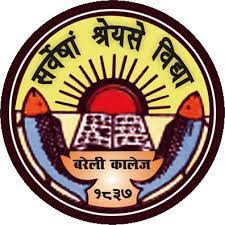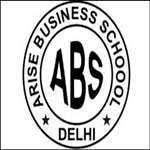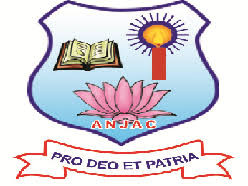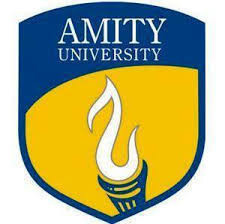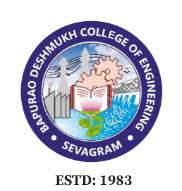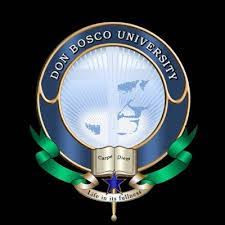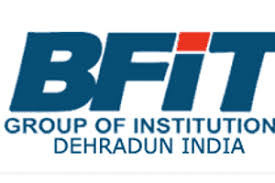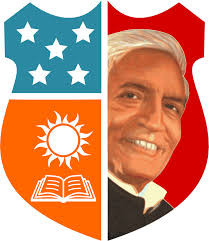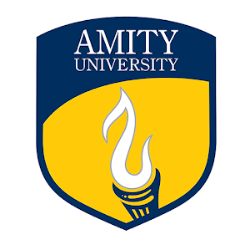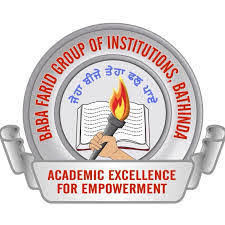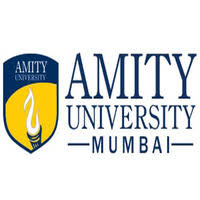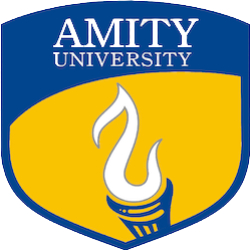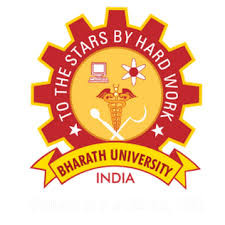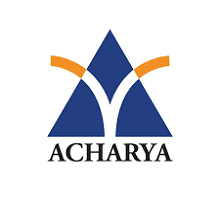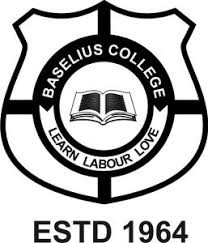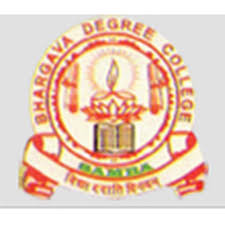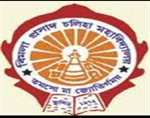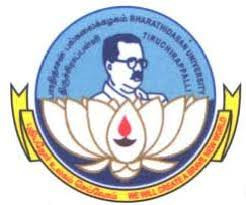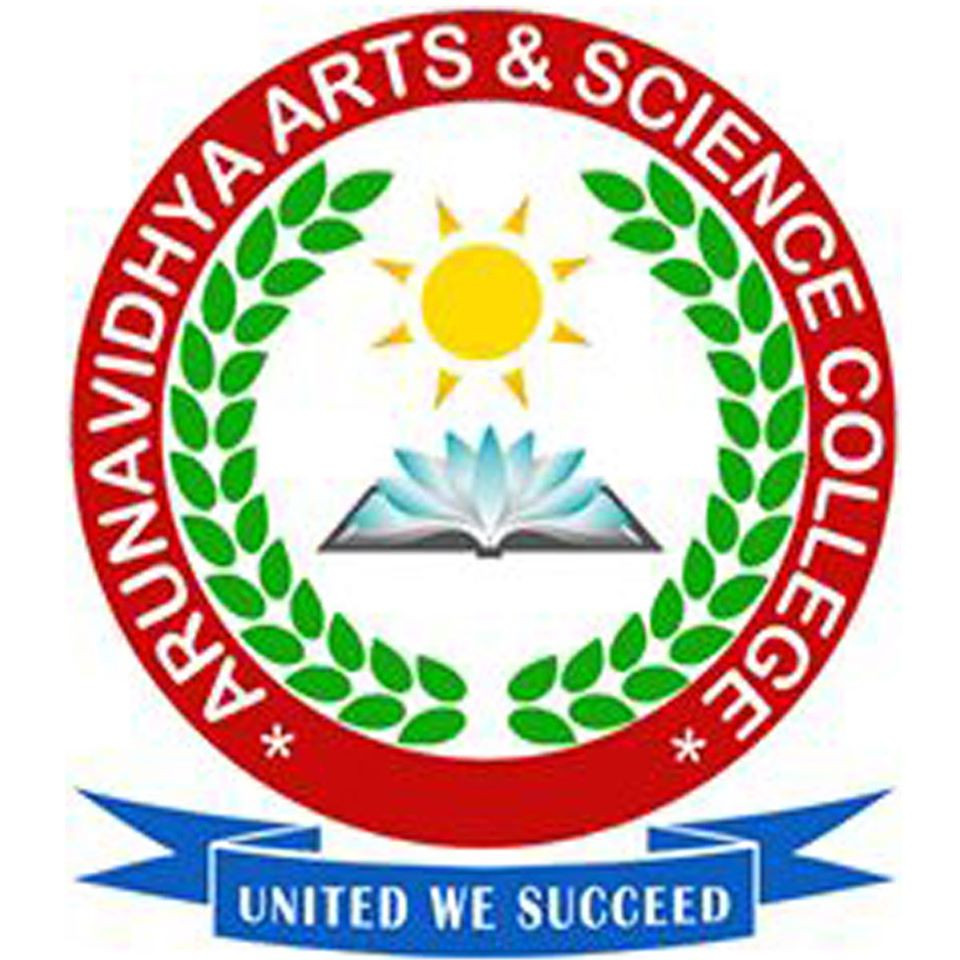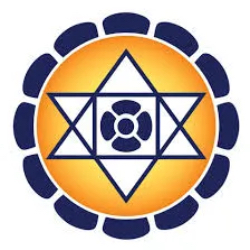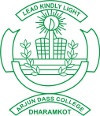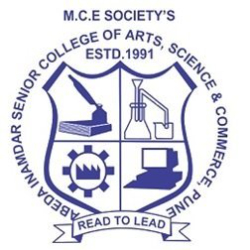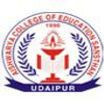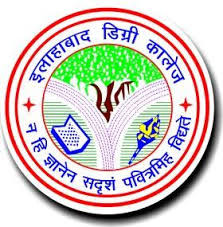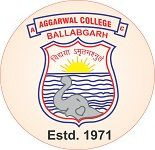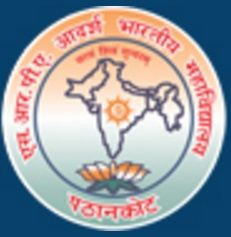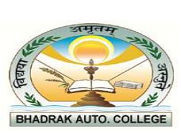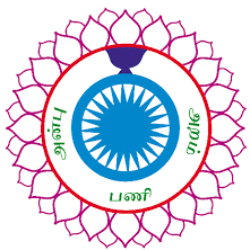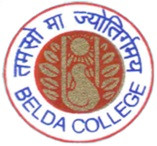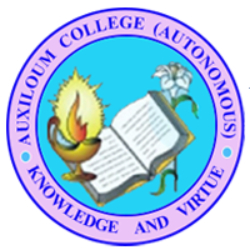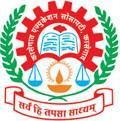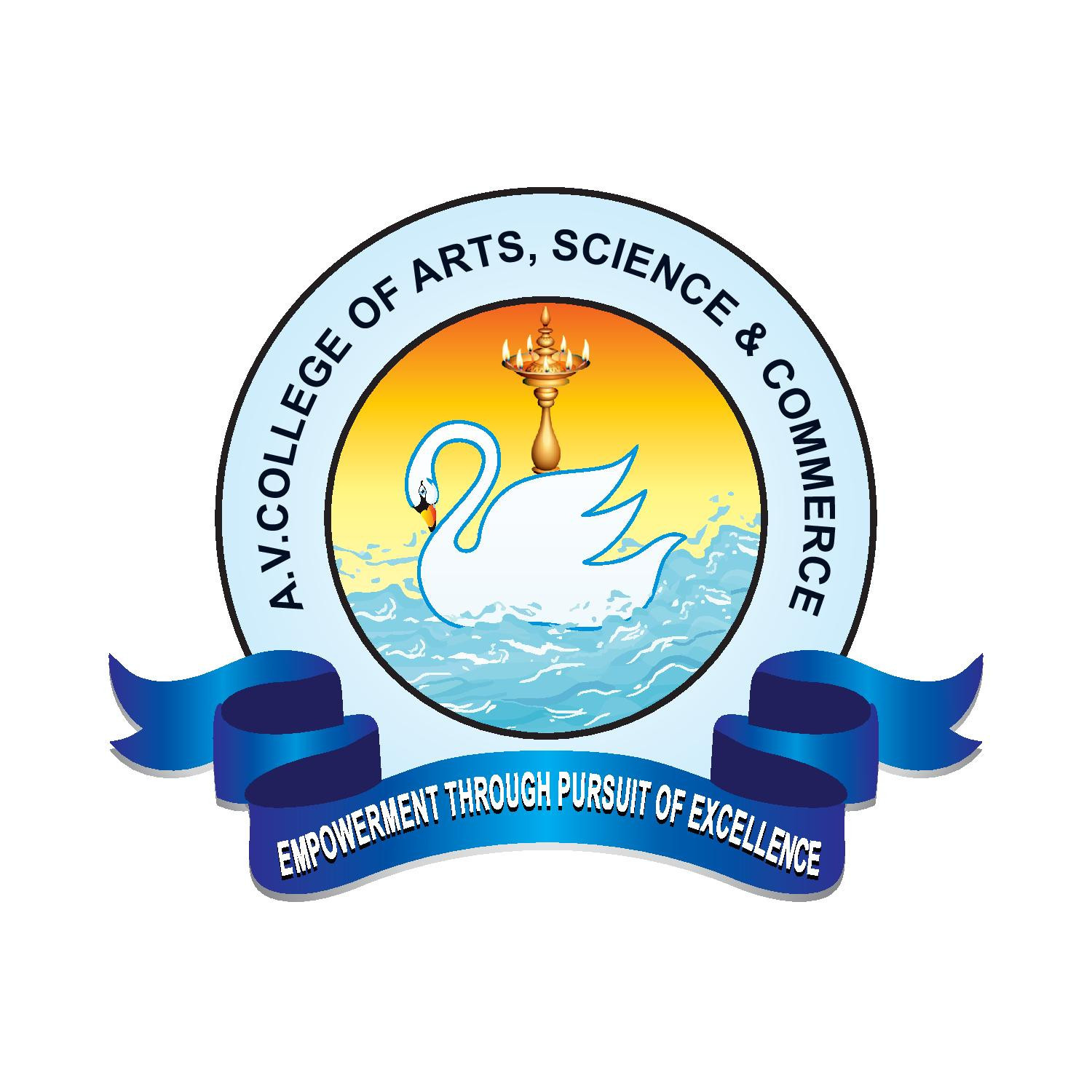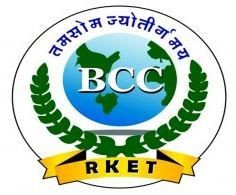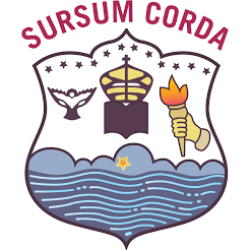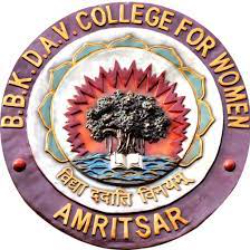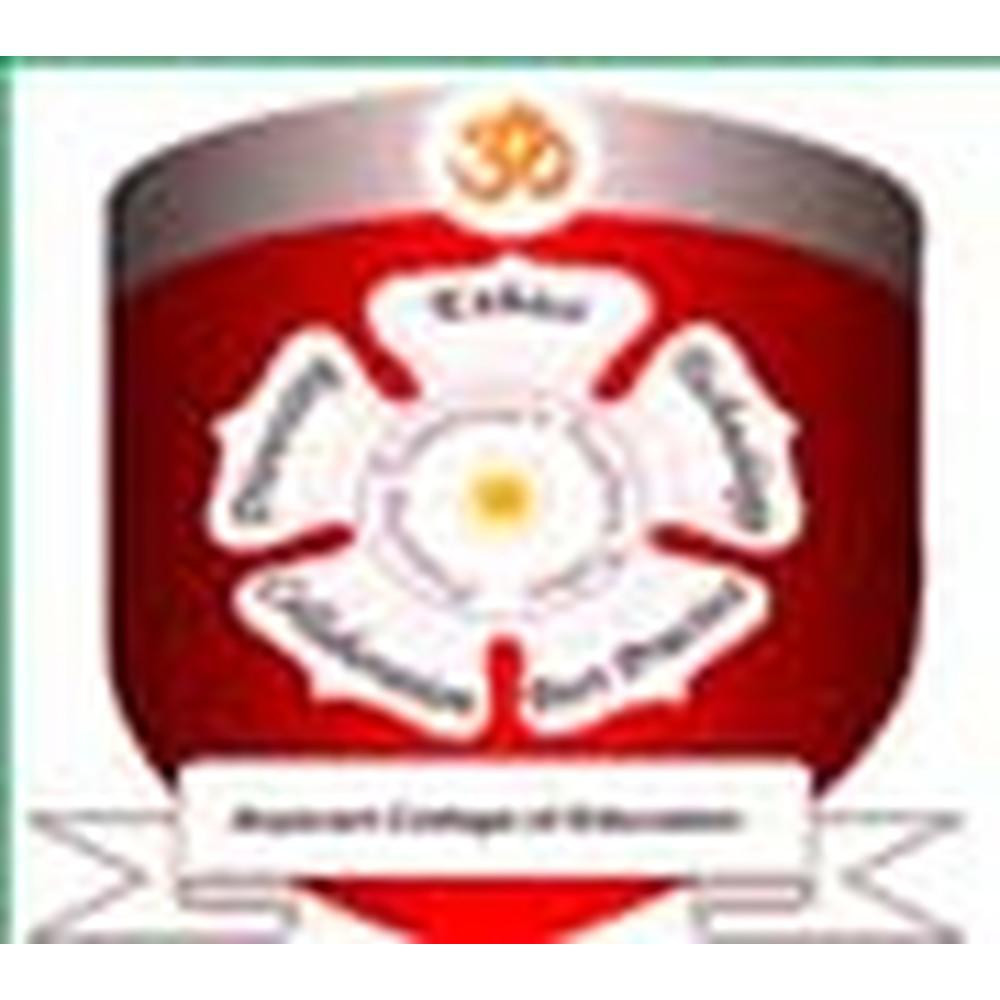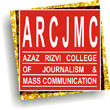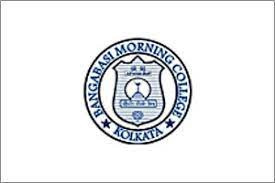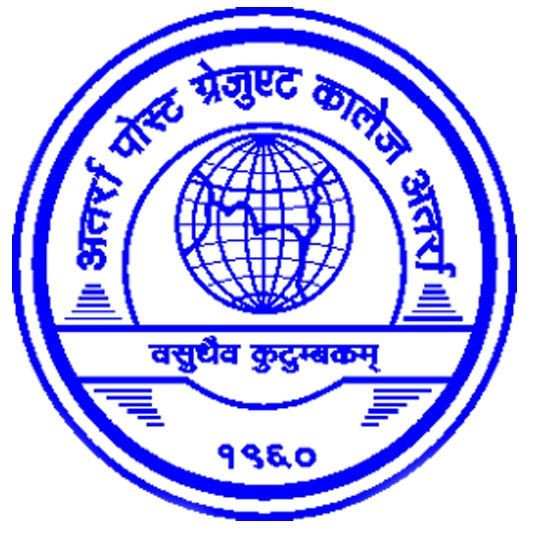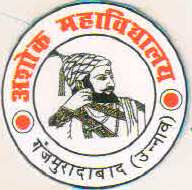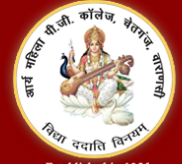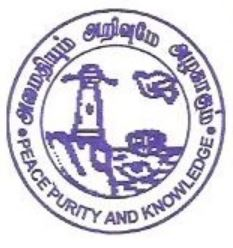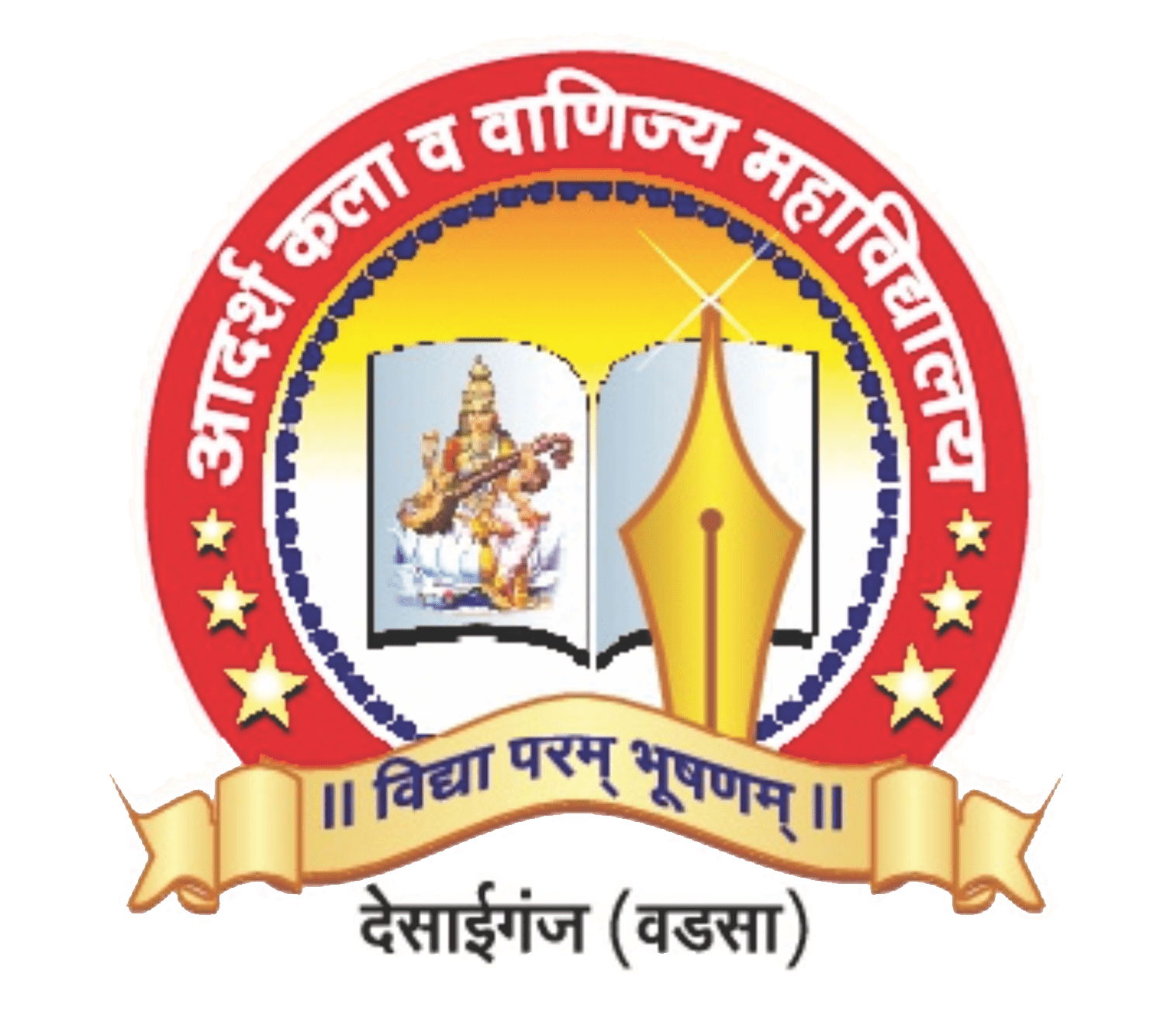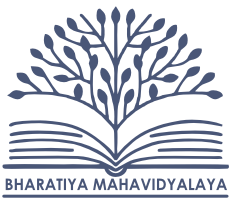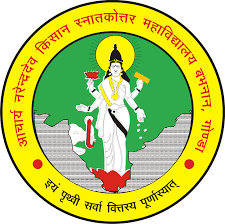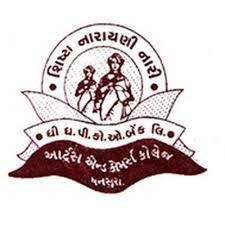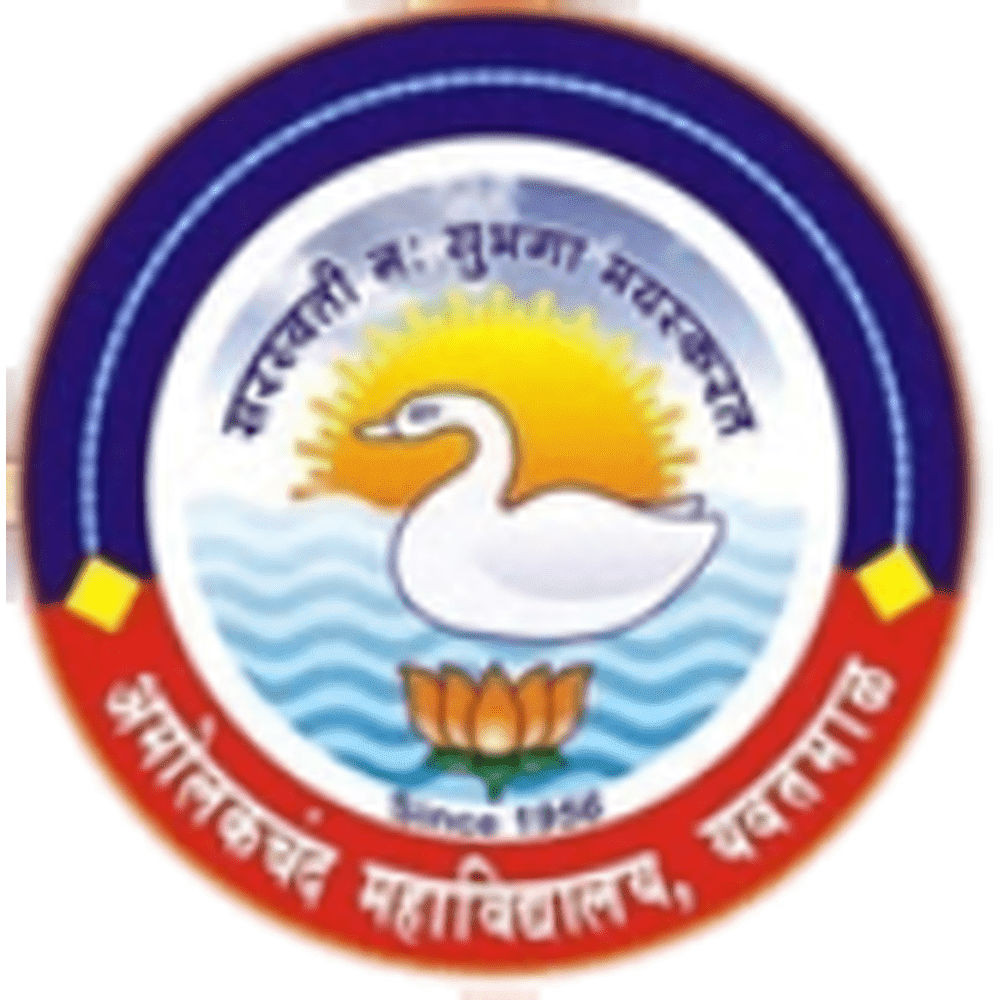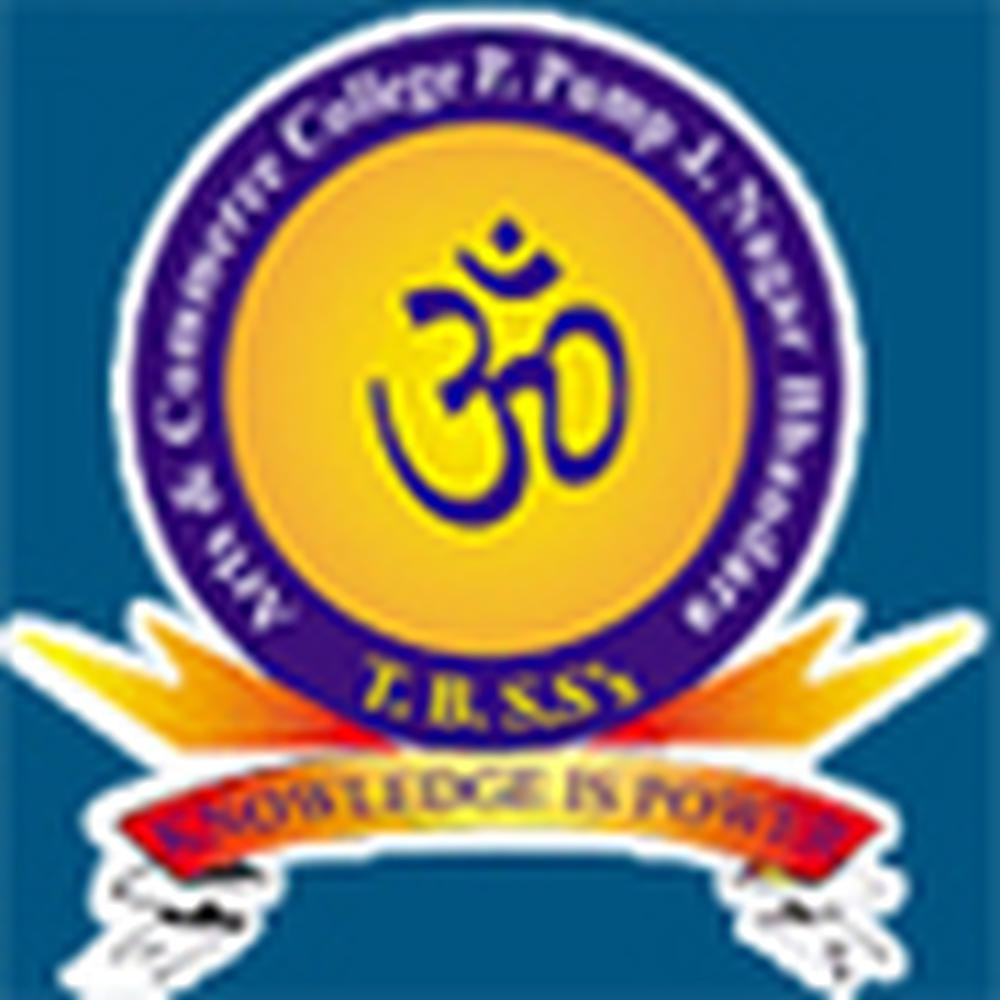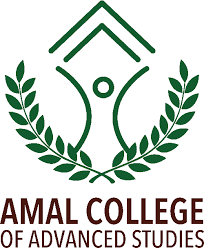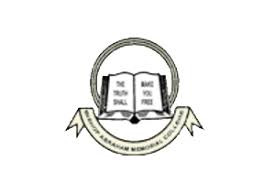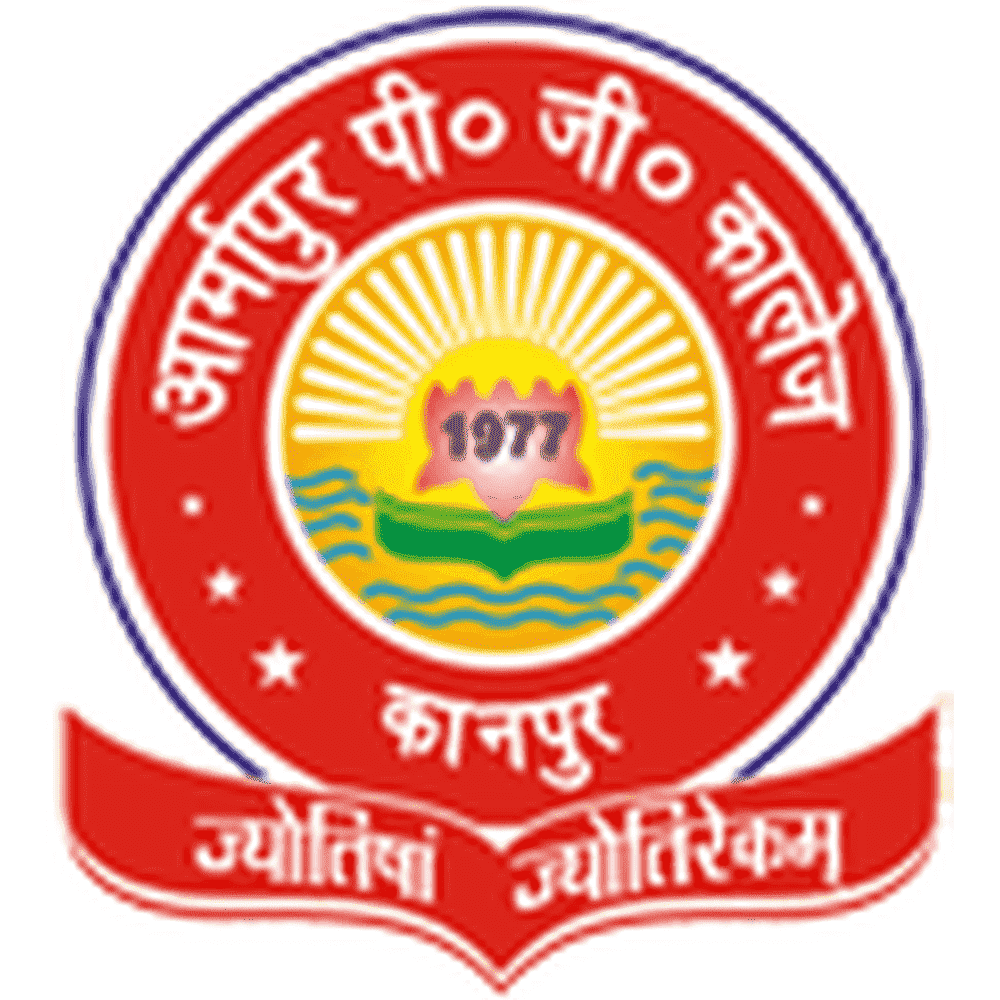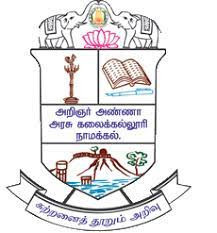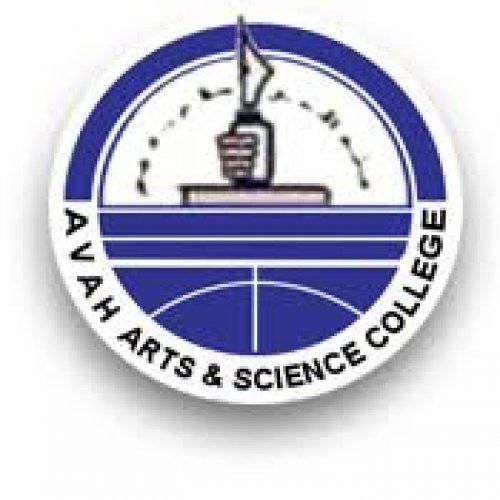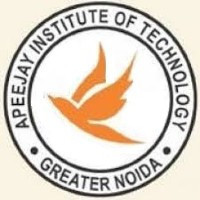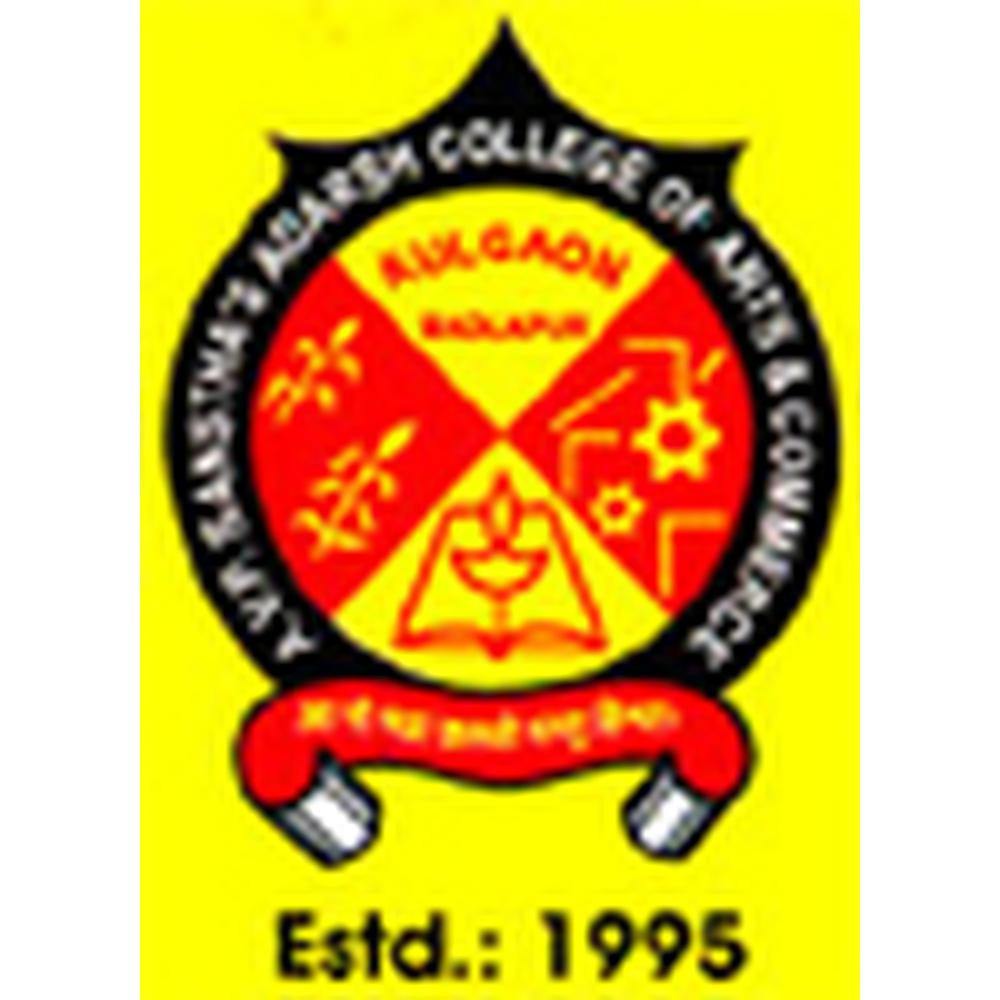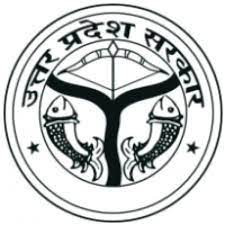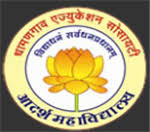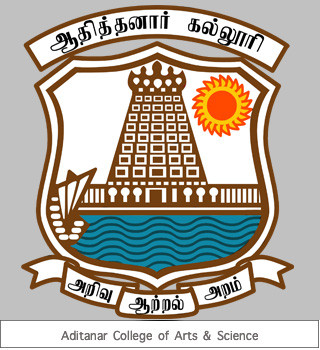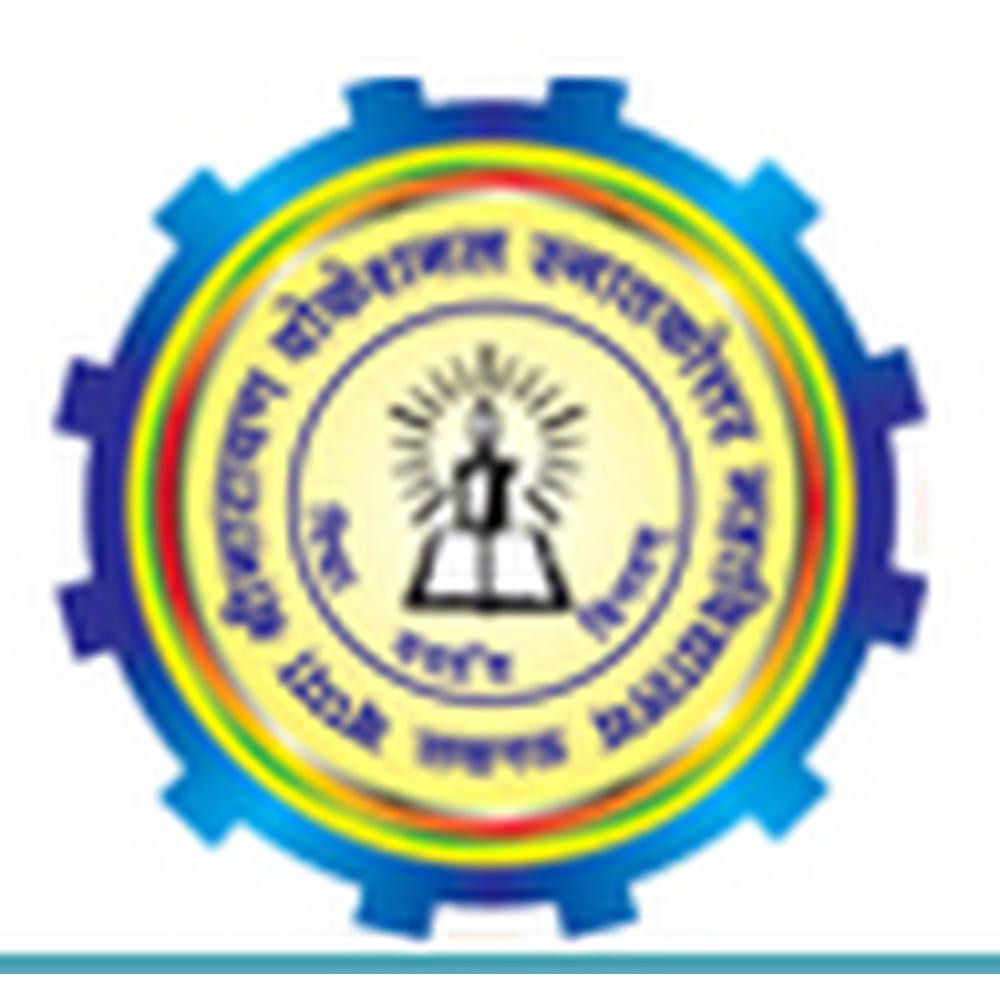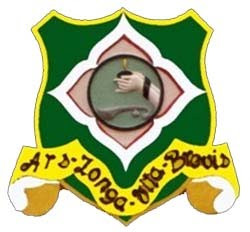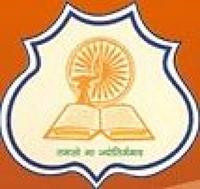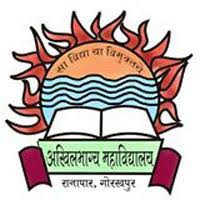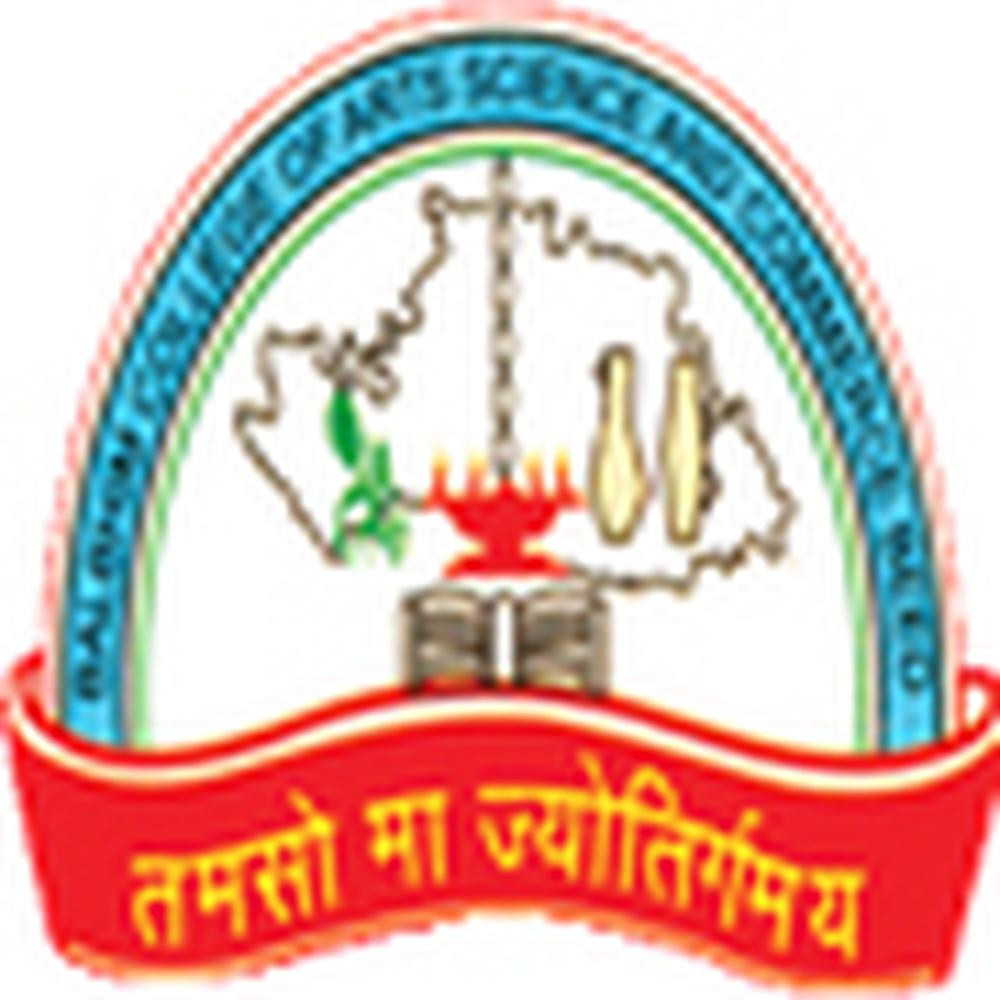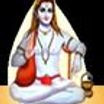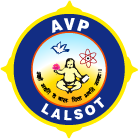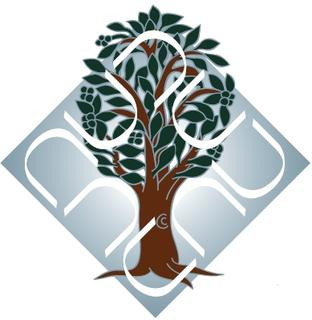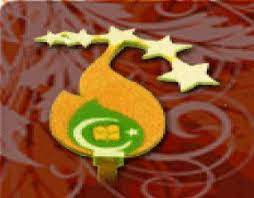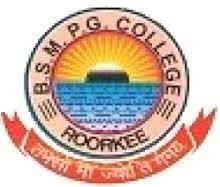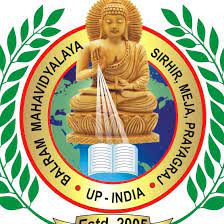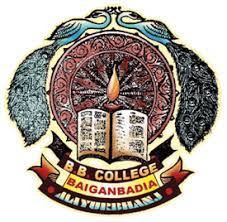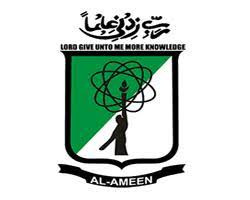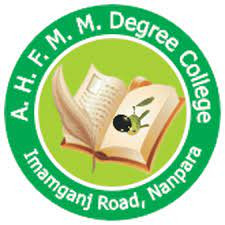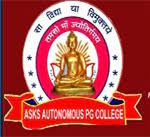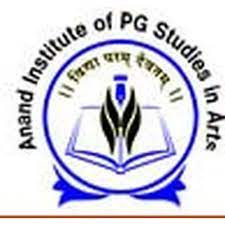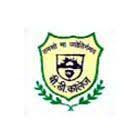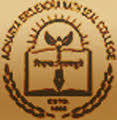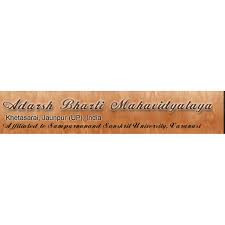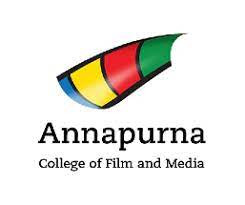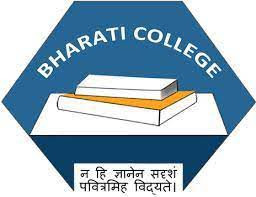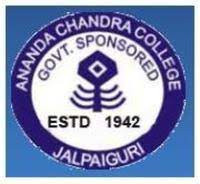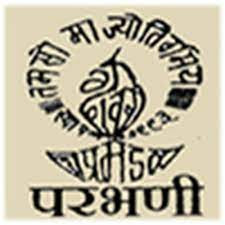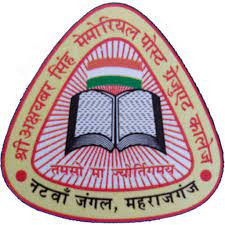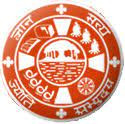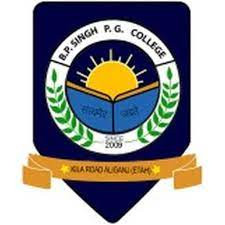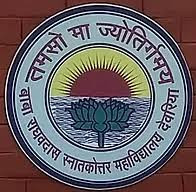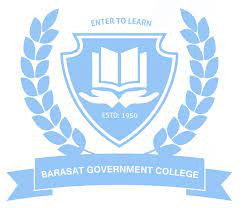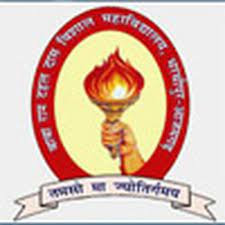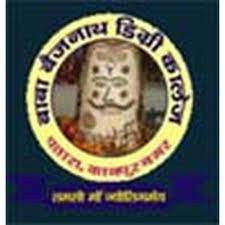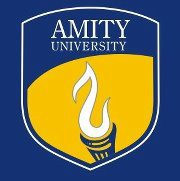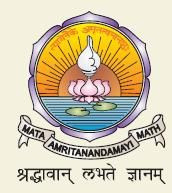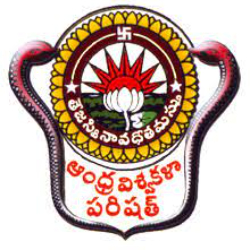M.A. Course Highlights:
|
M.A. Full Form |
Master of Arts |
|
M.A. Course Level |
Postgraduate |
|
M.A. Course Duration |
1 or 2 years (may vary) |
|
M.A. Course Eligibility Criteria |
Bachelor of Arts with minimum 55% marks |
|
M.A. Course Admission Process |
Merit and Entrance Exam |
|
M.A. Course Education Mode |
Full-Time, Distance, Part-Time. |
|
M.A. Course Entrance Exams |
CUET PG, TISSNET, PU CET, CPGET, IPU CET, AP PGCET, MGU CAT |
|
M.A. Course Fees |
Rs 10,000 - Rs 70,000 |
|
M.A. Course Job Profiles |
Interpreter, Content Writer, Editor, Journalist, Professor, Teacher, Sale Manager, and many more. |
M.A. Eligibility Criteria:
- Candidates have to complete a Bachelor of Arts from a recognised Institute.
- Candidates have to score minimum 50% marks in their BA.
- Candidates might have to appear for entrance exams depending on the institution.
M.A. Entrance Exams:
- Postgraduate Common University Entrance Test (CUET PG)
- Postgraduate Indraprastha University Common Entrance Test (IPU CET)
- Postgraduate DUET (Delhi University Entrance Test PG)
- Postgraduate JNUEE (Jawaharlal Nehru University Entrance Examination PG)
- Postgraduate State Common Entrance Test (PG CET)
List of M.A. Specialisation:
M.A. in Literature - literature and language are also a core M.A. specialisation, the topics may differ depending on the language you select, including English, Spanish, French, Urdu, Arabic, Persian, Russian, Mandarin, and Japanese.
M.A. in Literature Core Subjects:
- Prose
- Poetry
- Drama
- Fiction
- Indian Writings in English
- American Literature
- Biographies
- Literary Criticism
- Postcolonial Literature
- World Literature
- Modern European Drama
- American Literature
- British Literature
- Indian Classic Literature
M.A. in Literature Elective Subjects:
- Political Science
- History
- Sociology
- Environmental science
- Philosophy
- Psychology etc (may vary among universities)
M.A. in History - M.A. History is another renowned program that is a top choice for students pursuing an arts degree. This program examines human history from the inception of civilisation to the present. The most significant historical events from American, African, European, and Asian history are frequently discussed.
M.A. in History Core Subjects:
- World History
- History in Practice
- Economic History
- Defining Digital Humanities
- Ancient History
- Art History
M.A. in History Elective Subjects:
- Political Science
- English
- Sociology
- Environmental science
- Philosophy
- Psychology etc (may vary among universities)
M.A. in Political Science - Students pursuing a political science degree acquire knowledge regarding the operation of diverse Political Systems, Political Theory, and Practise. The Political Science Syllabus aims to equip you with a comprehensive understanding of various governance formats, with a particular emphasis on comparative and international politics.
M.A. in Political Science Core Subjects:
- Introduction to Comparative Government & Politics
- Understanding Political Theory
- History of Politics
- Perspectives of Public Administration
- Political Analysis
- Political Systems
M.A. in Political Science Elective Subjects:
- History
- English
- Sociology
- Environmental science
- Philosophy
- Psychology etc (may vary among universities)
M.A. in Economics - M.A. Economics concentrates on the optimal utilisation of resources and the fundamental conceptual divisions of Economics, Macroeconomics and Microeconomics. It examines the Operation of Economies, Current Economic Developments, and Diverse Financial Market Systems.
M.A. in Economics Core Subjects:
- Statistical Methods for Economics
- Managerial Economics
- Introductory Macroeconomics
- Introductory Econometrics
- Agricultural Economics
- Banking Economics
- Labor Economics
- Business Economics
M.A. in Economics Elective Subjects:
- History
- Political Science
- English
- Sociology
- Environmental science
- Philosophy
- Psychology etc (may vary among universities)
M.A. in Fine Arts - Fine Arts is another renowned M.A. program that encompasses the study of Art History. The Master of Fine Arts program encompasses the Visual, Performing, and Literary Arts.
M.A. in Fine Arts Core Subjects:
- Sculpture
- Visual arts
- Film art
- Animation
- Visual effects
- Studio art
- Ceramics
- Printmaking
- Entertainment design
- Cartooning
- 3D studies
M.A. in Sociology - A Master of arts in sociology, or M.A. in Sociology, is a postgraduate program in the field of sociology. Sociology is the examination of Social Interactions, Culture, Social Stratification, and related topics.
M.A. in Sociology Core Subjects:
- Sociology of India
- Sociology of Religion
- Agrarian Sociology
- Reading Ethnographies
- Indian Society: Images and Realities
- Family and Intimacy
- Rethinking Development
- Sociology of Media
- Sociology of Health and Medicine
- Sociological Thinkers
- Sociology of Social Movements
- Indian Sociological Traditions
M.A. in Sociology Elective Subjects:
- Agrarian Sociology
- Environmental Sociology
- Visual Culture
- Reading Ethnographies
- Family and Intimacy
M.A. in Psychology - M.A. Psychology is a discipline that focuses on the study of human behaviour and a variety of other areas of psychology, such as Industrial Psychology and Development Psychology. It also examines Mental Processes and Brain Functionality.
M.A. in Psychology Core Subjects:
- Educational Psychology
- Understanding Psychological Disorders
- Health Psychology
- Statistics
- Psychopathology
- Organisational Psychology
- Social Psychology
- The Psychological Processes
- Industrial Psychology
- Environmental Psychology
- Forensic Psychology
M.A. in Psychology Elective Subjects:
- History
- Political Science
- English
- Sociology
- Environmental science
- Philosophy
- Economics etc (may vary among universities)
M.A. in Philosophy- The Master of Arts in Philosophy (M.A. in Philosophy) is a 2 year undergraduate program divided into two semesters each year. This curriculum is offered by many colleges and universities in India.
M.A. in Philosophy Core Subjects:
- Indian Philosophy History of Western Philosophy
- Psychology & Social political philosophy Logic
- Indian Logic and Epistemology
- Vedanta Shastra
- Philosophy of Language An enquiry Concerning Human Understanding
- Epistemology and Metaphysics The problems of philosophy
- Ethics and Philosophy of Religion Western logic
- Ethics
- Contemporary Indian Philosophy
- Metaphysics
- Epistemology
- Ethics
- Moral philosophy
- Political philosophy
- Ancient philosophy
- Modern philosophy
M.A. in Philosophy Elective Subjects:
- History
- Political Science
- English
- Sociology
- Environmental science
- Psychology
- Economics etc (may vary among universities)
M.A. in Journalism and Mass Communication - If one desires to expand their knowledge of the news industry and pursue a vocation in journalism, the M.A. Journalism program is an exceptional option. The M.A. the postgraduate curriculum provides students with an understanding of Print, Broadcast, and Web Journalism Operations. Additionally, it offers various electives that enable students to enhance their multimedia, writing, and news reporting skills. The options include Photojournalism, Multimedia Journalism, New Media, and other electives.
M.A. in Journalism and Mass Communication Core Subjects:
- Introduction to Media and Communication
- Communication for Development
- Reporting and Editing
- Professional Photography
- Print Journalism
- Broadcast Journalism
- Communication Theories and Practice
- Media Ethics and Laws
- Advance Graphic Design
- Employability Skills
- TV and Studio Production
- Digital Marketing
- Film Studies
- Media Management
- Public Relations
M.A. in Journalism and Mass Communication Elective Subjects:
- History
- Political Science
- English
- Sociology
- Environmental science
- Psychology
- Economics etc (may vary among universities)
Top M.A. Colleges in India:
|
Top M.A. College |
Average Fees |
|
30,000 - 50,000 |
|
|
30,000 - 60,000 |
|
|
20,000 - 40,000 |
|
|
40,000 - 60,000 |
|
|
30,000 - 50,000 |
|
|
30,000 - 50,000 |
|
|
25,000 - 45,000 |
|
|
40,000 - 60,000 |
|
|
25,000 - 45,000 |
|
|
30,000 - 50,000 |
|
|
30,000 - 50,000 |
|
|
30,000 - 50,000 |
|
|
25,000 - 45,000 |
|
|
30,000 - 50,000 |
|
|
40,000 - 60,000 |
|
|
30,000 - 50,000 |
Careers Opportunities After M.A. Degree:
|
Job Profile |
Average Annual Salary |
|
Marketing Coordinator |
Rs 3.00 - Rs 6.00 LPA |
|
Sales Representative |
Rs 2.50 - Rs 5.00 LPA |
|
Public Relations Specialist |
Rs 4.00 - Rs 8.00 LPA |
|
Content Writer/Editor |
Rs 3.00 - Rs 6.00 LPA |
|
Teaching Assistant |
Rs 2.50 - Rs 5.00 LPA |
|
Educational Coordinator |
Rs 4.00 - Rs 7.00 LPA |
|
HR Assistant |
Rs 3.00 - Rs 5.50 LPA |
|
Talent Acquisition Specialist |
Rs 4.00 - Rs 8.00 LPA |
|
Administrative Assistant |
Rs 2.50 - Rs 4.50 LPA |
|
Office Manager |
Rs 4.00 - Rs 7.00 LPA |
|
Customer Service Representative |
Rs 2.50 - Rs 5.00 LPA |
|
Client Relations Manager |
Rs 4.00 - Rs 8.00 LPA |
|
Event Planner |
Rs 3.50 - Rs 7.00 LPA |
|
Museum/Gallery Curator |
Rs 4.00 - Rs 8.00 LPA |
|
Social Worker |
Rs 3.00 - Rs 6.00 LPA |
|
Community Outreach Coordinator |
Rs 3.50 - Rs 7.00 LPA |
|
Business Analyst |
Rs 4.00 - Rs 8.00 LPA |
|
Financial Advisor |
Rs 5.00 - Rs 10.00 LPA |
|
Policy Analyst |
Rs 4.00 - Rs 8.00 LPA |
|
Non-Profit Program Coordinator |
Rs 3.50 - Rs 7.00 LPA |
|
Digital Marketing Specialist |
Rs 3.50 - Rs 7.00 LPA |
|
Social Media Manager |
Rs 4.00 - Rs 8.00 LPA |
|
Research Assistant |
Rs 3.00 - Rs 5.50 LPA |
|
Market Research Analyst |
Rs 4.00 - Rs 7.00 LPA |
FAQs
- What is the duration of M.A.?
The duration of M.A. is 2 years. - What is an integrated M.A. course?
An integrated course is one that includes a Master's programme and a Bachelor's programme. The course normally lasts five years. Instead of two separate degrees, a student will study a single, longer programme. This may necessitate the acquisition of two distinct certificates; however, many integrated Masters programmes only provide advanced degrees. - What are careers after an M.A. in Political Science?
After successfully pursuing your M.A. in Political Science, you can take up career options such as Social Media, Mass Media, Reporting, Writing, Public Relations, Campaigning, Politics, etc. Politics is an important component of every country, so it is a natural choice for Political Science students.
- Do universities offer postgraduate courses in Linguistics?
Yes. There are several universities that offer an M.A. in Linguistics. It has a two-year length. A Master's degree in Linguistics focuses on the systematic study of language as a structure, as well as the different subfields of Linguistics that overlap with other sciences such as Semiotics, Psychology, Sociology, Forensics, and many more, making the subject much more interesting and appealing. - What are the types of colleges that provide M.A. programmes?
Regular colleges, distance-education colleges and evening colleges provide M.A. programmes.
You can also read:
Top Humanities Career Options With Scope and Job Opportunities

